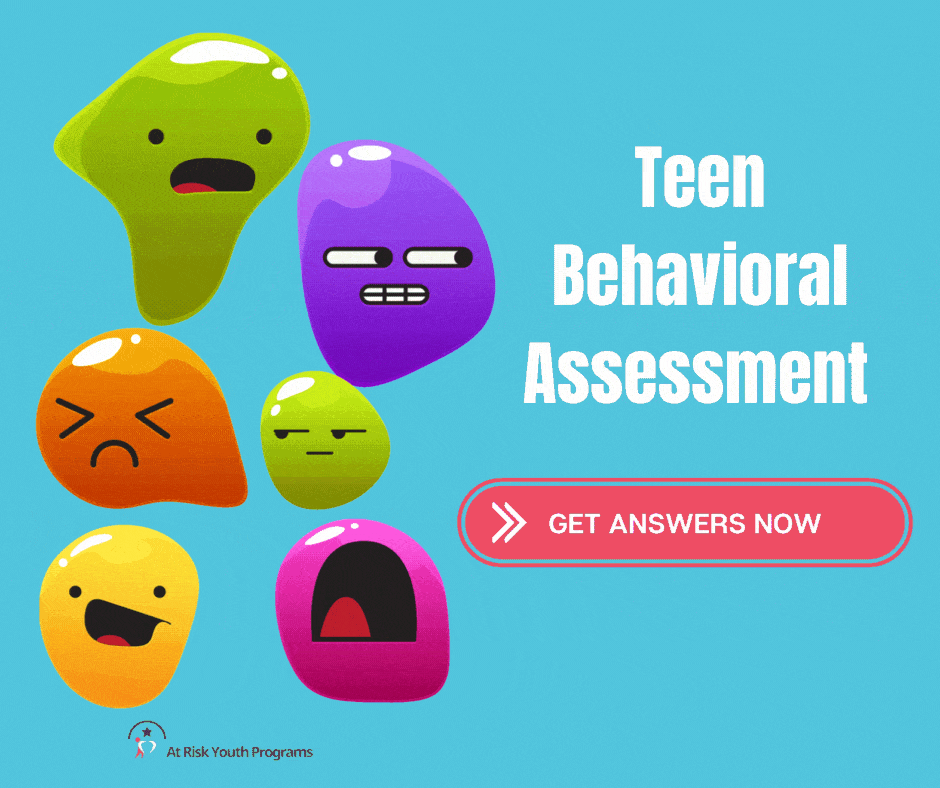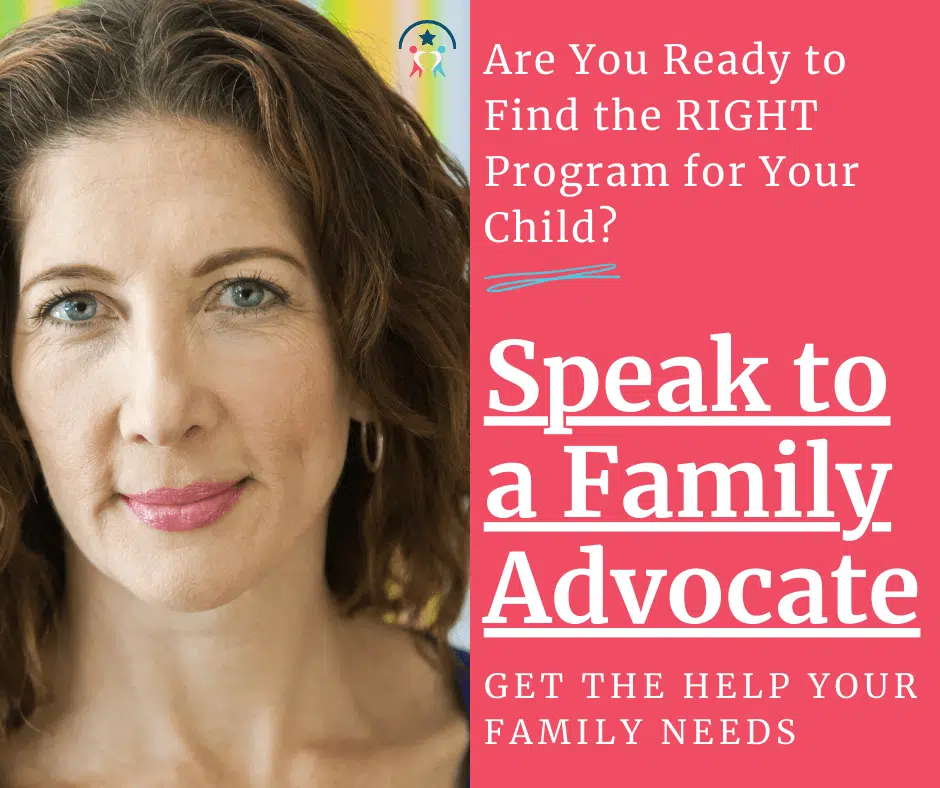Why are Youth Behavioral Assessments Needed?
Children between the ages of two and 17 who show signs of possible developmental and/or behavioral problems should have a youth behavioral assessment to determine if they need professional intervention. In addition to providing valuable information for helping doctors develop an accurate diagnosis, a youth behavioral assessment also:
- Identifies a child’s specific needs (problems with communicating, impulsive control, ADHD, etc)
- Recommends educational and psychological services that can best address those needs
- Offers information that may help answer eligibility questions regarding local mental health services
- Evaluates environmental and physical risks that could impact developmental functioning of a child
- Screens children for past traumas they may not have divulged (sexual, physical, emotional abuse)
- Acts as a general guide for doctors who can begin developing a program that meets the needs of children and their parents
There are several parts of a comprehensive youth behavioral assessment. Self-reporting questionnaires for parents of young children and for adolescents, one-on-one interviews and observational assessments by therapists make up the bulk of these evaluations. Depending on the nature of a child’s behavioral issue, youth behavioral assessments can be modified to accommodate the child’s unique problems.
More importantly, a behavior test for youth with mental and behavioral issues can properly determine if the child is suffering from an organic disorder affecting their behavior. Organic disorders typically involve neurological abnormalities, such as epilepsy and cerebral palsy, that do not respond to psychological interventions.
Our behavioral test can help point parents in the right direction when deciding where to seek treatment for their child.
3 Leading Causes of Disruptive Behavior in Children and Teenagers
A youth behavioral assessment may also provide insight into what is causing a child or teen to act aggressively, do poorly academically or get in trouble repeatedly at school or with law enforcement. Youth often “act out” for the following reasons:
- Upheaval in their family life. Separated/divorcing parents, death of a beloved family member, moving out-of-state or the custodial parent remarrying are examples of why a child may abruptly start behaving defiantly
- The child is experiencing or recently experienced a traumatic event. Sexually abused children often become angry, depressed and even violent. In most cases, parents are unaware the abuse is happening and instead, wonder if their child is suffering from a personality or mental health disorder
- Stress within the family. Stressors causing behavioral issues in kids include but are not limited to lack of supervision, loss of family income, authoritarian parenting, changes to child custody plans and substance abuse
Oppositional defiant disorder and conduct disorder are two frequently diagnosed personality disorders in children and teens. Development of personality disorders is typically attributed to genetics, childhood trauma and/or parental verbal/physical abuse of the child. The American Psychological Association reports that children who are verbally abused are twice as likely to be diagnosed with obsessive-compulsive, paranoid or borderline personality disorder as an adult.
Can Behavioral Assessments Recognize ADHD in Children and Teens?
A youth behavioral assessment is also useful for learning if a child has attention-deficit hyperactivity disorder (ADHD).
Questions on youth assessments ask parents if their child seems highly sensitive to noises, bright or flashing lights, fabric textures and other sensory stimuli.
Other questions concerning signs of ADHD may ask parents if their child:
- Finds it difficult to stay focused on completing school assignments or household chores?
- Gets irritated, impatient or upset quickly over “little” things doesn’t upset their brother or sister? Moving furniture around in the home, making the child’s bed with new sheets and covers or serving different food for supper can unsettle a child with ADHD. When things are not returned to the way they were, the child may have a tantrum or “meltdown”
- Has been reprimanded at school for not sitting still or remaining at their desk
- Tends to interrupt people to talk about themselves, what they like to do and other self-oriented subjects
- Seems to daydream or “zone out” when they are expected to complete a task requiring mental effort
- Does not seem to empathize with others or care about their feelings
- Has trouble making friends and sustaining relationships with peers
Children and teens with ADHD are probably the most misunderstood of all youth with behavioral issues. It often appears to others as though a child with ADHD is purposefully acting this way. Consequently, they are labeled as “lazy”, “self-centered”, or a “troublemaker” and treated as such. Parents who suspect their child has ADHD should consider taking our behavior test for youth that can help them gain insight into their child’s behavioral issues.
Additional Information About Youth Behavioral Assessments
Anxiety Disorders
Psychologists use a variety of standardized assessment tools that target specific mental health and behavioral problems in children and adolescents. The Generalized Anxiety Disorder Screener or the Hamilton Anxiety Rating Scale is designed for children, adolescents and adults so that their type of anxiety can be correctly identified and treated.
The Hamilton Anxiety Rating Scale asks parents or teens to rate each of their fears and anxieties on a scale of zero to four, with zero being mild and four being severe. For example, you are asked to rate how anxious you are about strangers, animals or the dark. This assessment tool also inquires about how your anxiety affects your heart and breathing rate.
Trauma
The Kessler Psychological Distress Scale contains 10 questions designed to provide a global measure of depression, anxiety and psychological distress in adolescents and adults. Questions pertain to how the person has felt over the past four weeks. Scale answers range from “none of the time” to “all of the time. Example of questions include “Over the past 30 days, how often did you feel hopeless?” and “how often have you felt so sad and depressed that nothing or nobody could cheer you up?”
Standardized Mental Health Assessment Tools for Ages 5 to 17
After completing our behavior assessment for children and teenagers, parents may need to see a therapist for further help with getting the right kind of treatment for their child. Psychologists and licensed therapists rely on standardized tests for evaluating a youth’s mental and behavioral issues. A test designated as “standardized” means it has been peer-reviewed and accepted as valid by organizations like the American Psychological Association and the American Psychiatric Association.
Commonly administered assessments include the Pediatric Symptom Checklist (parents complete this questionnaire), Mood and Feelings Questionnaire (self-report evaluation for preteens and teenagers) and the Revised Children’s Anxiety and Depression Scale.
How We Help Parents Like You
When parents recognize signs of a behavioral disorder in a child, they know it is imperative to get help, but don’t know where to start getting that help.
We are here to provide the kind of helpful and essential information parents need to find the best treatment available for their child and to answer any questions about at-risk youth behavioral disorders.














